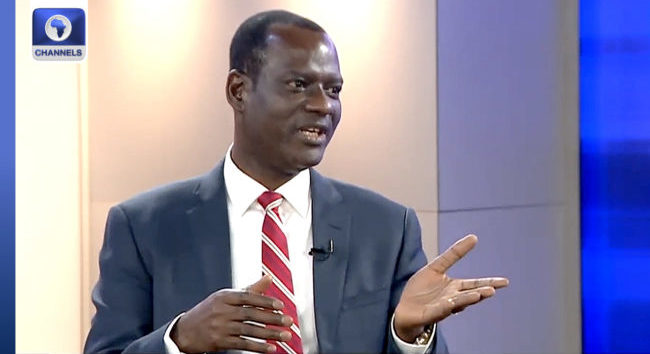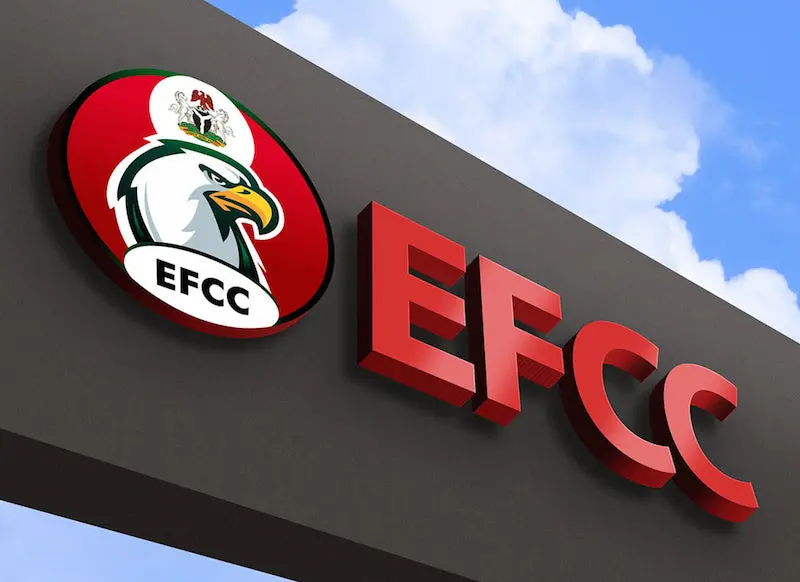In an analysis by BBC a week before the end of President Muhammadu Buhari’s second term, it was reported that he is leaving a legacy of increased debts and insecurity due to rampant kidnapping. Buhari was elected in 2015, vowing to curb corruption and the Islamist insurgency in the North-East. He became a popular figure backed by a powerful coalition with a reputation as a hard-man soldier who would get things done. During his time in office, he has been criticized for not fulfilling his promises to Nigerians, despite some gains in curtailing extremist groups in the North-East and upgrading road and rail infrastructure.
The President’s handling of the herder-farmer crisis has caused ethnic conflicts, and violent motorcycle-riding bands have turned kidnap-for-ransom into a national behemoth. The situation has made many question Buhari’s handling of the security sector. Criticism has also been leveled at his mismanagement of the Nigerian economy, which led to record inflation, depleted middle-class, and rising unemployment. The government’s policies, such as currency restrictions and closing the land borders, are partly responsible. Currently, one in three Nigerians are unemployed, and Nigeria’s public debt could pass $150bn in 2022.
The Buhari administration defends the large debts, indicating it is within acceptable limits and claiming cash payments to the poor are justification for some of the loans. However, Buhari leaves a legacy that has left many Nigerians worse off, less secure, and more in debt. Nigerians were comparatively safer, better off, and less in debt before Buhari became President.



